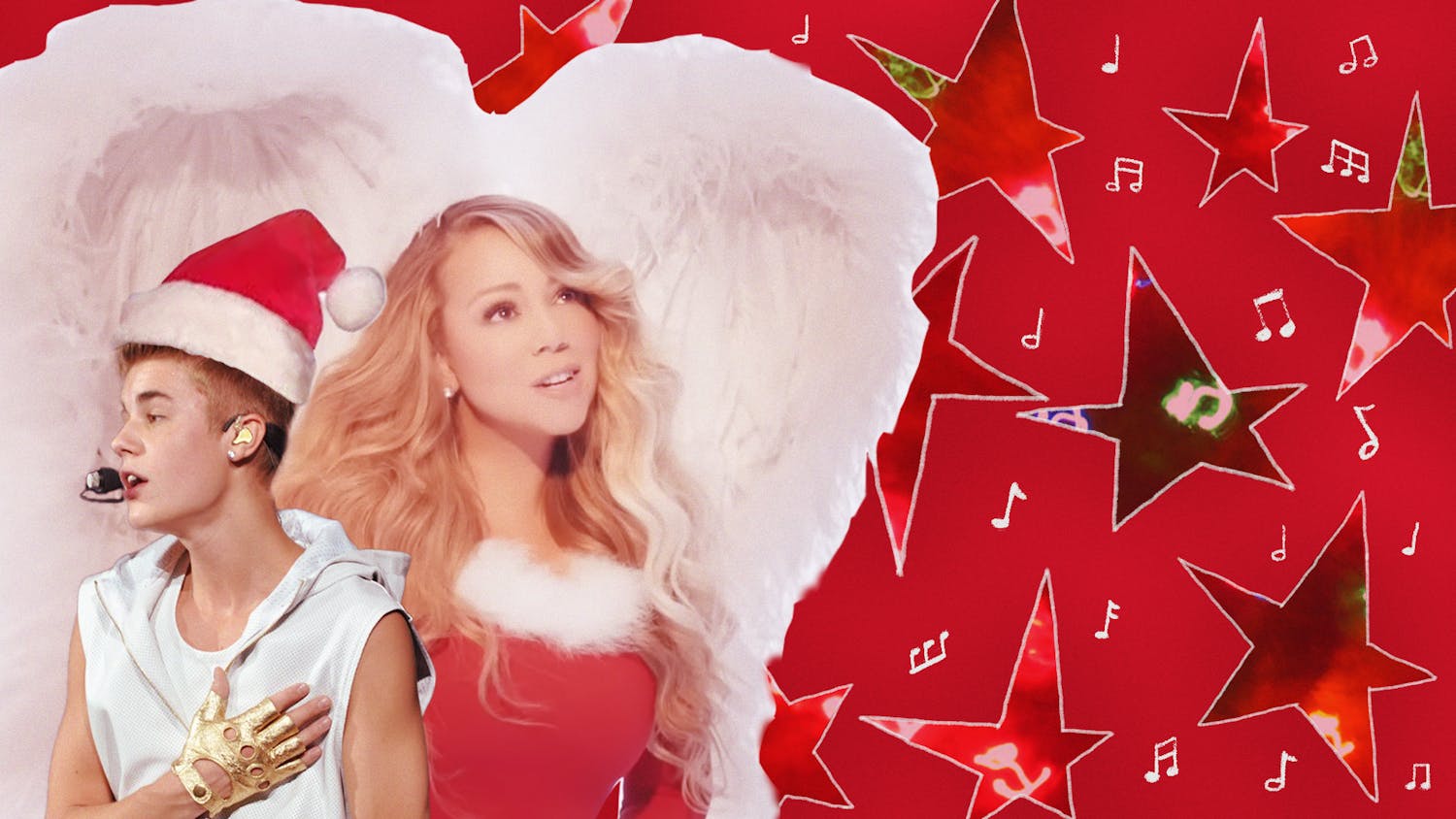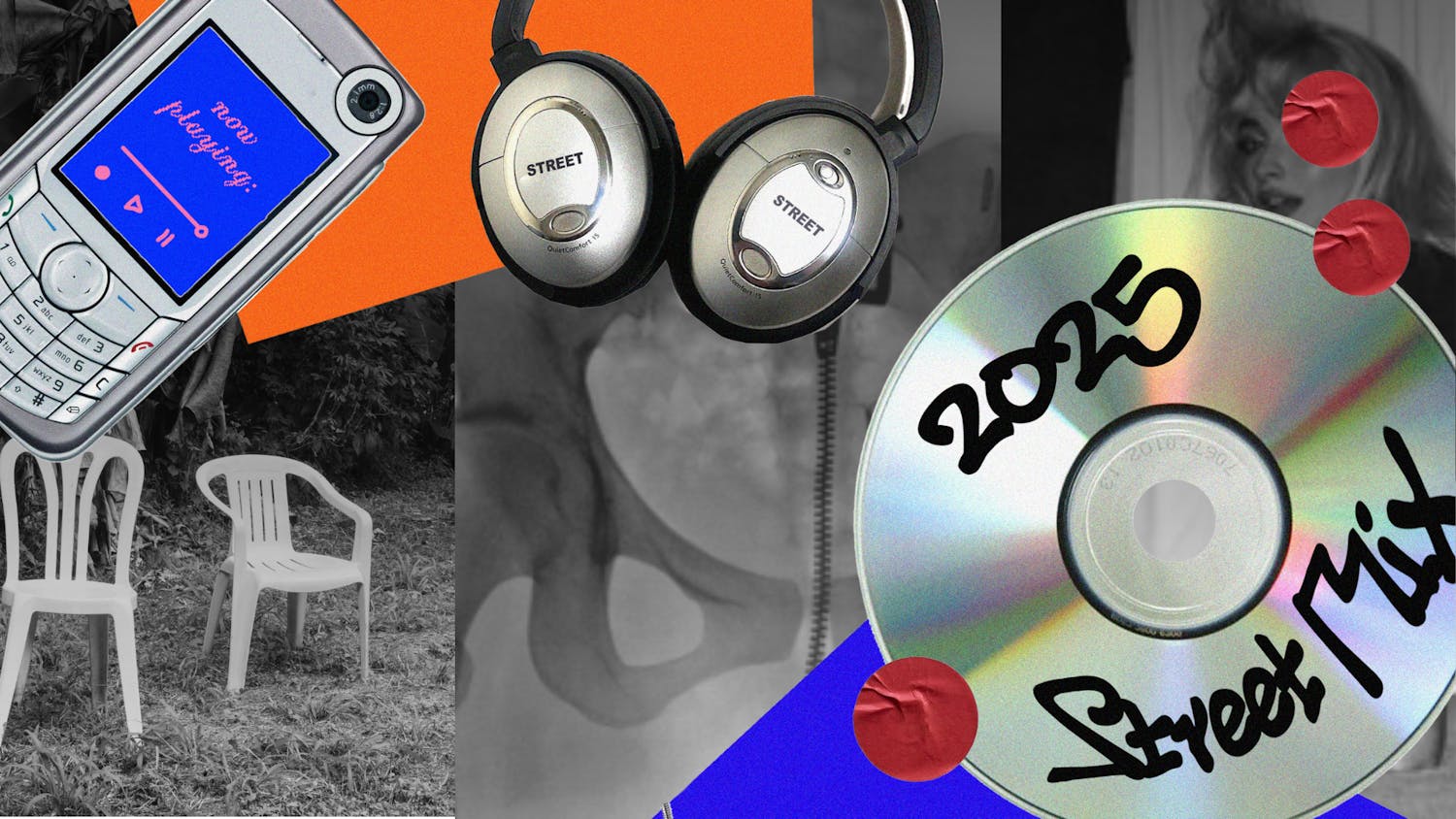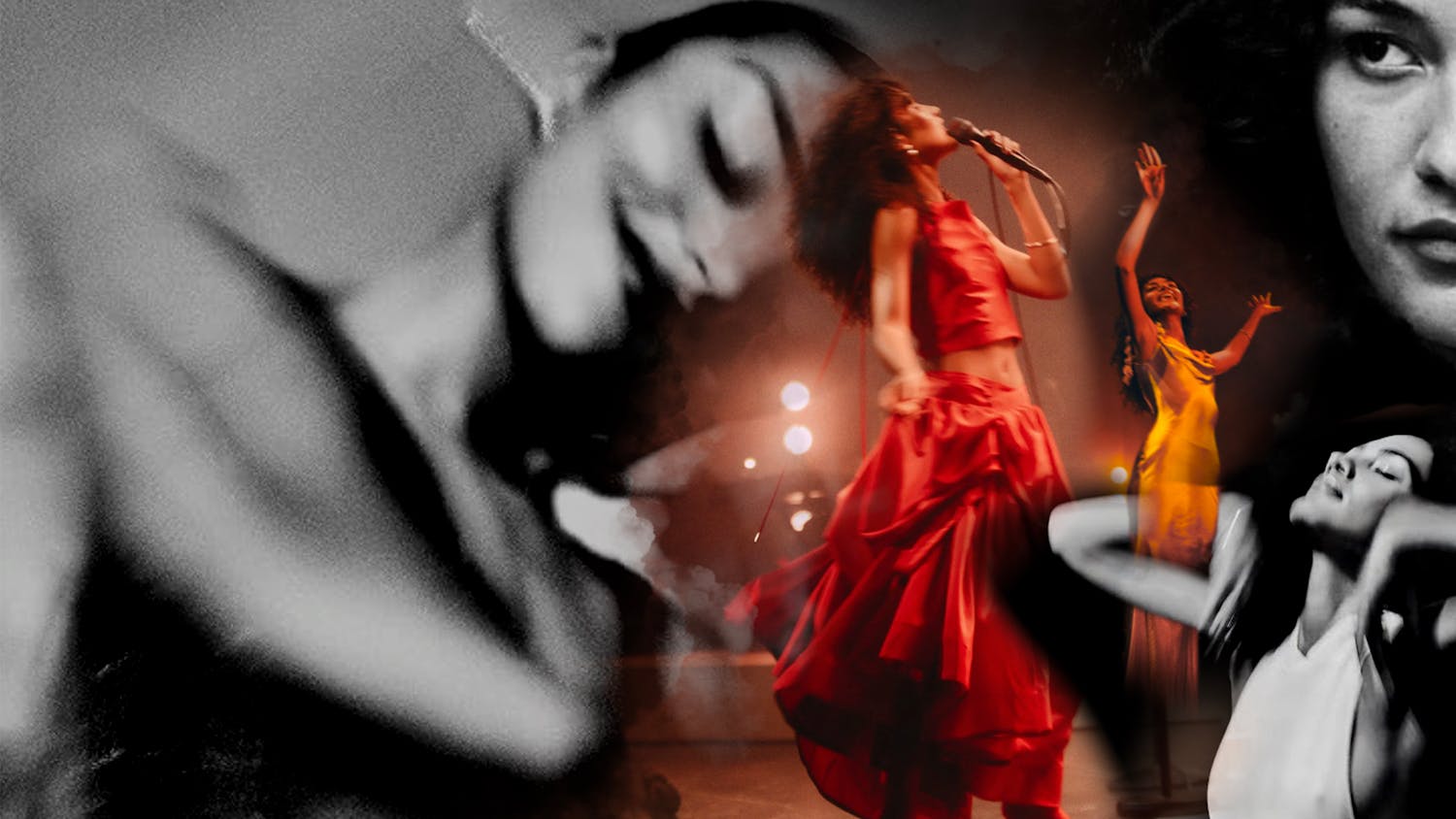Julia Jacklin didn’t always want to be a musician. Her most recent album, Crushing, has earned her six nominations for this year’s Australian Recording Industry Association (ARIA) Music Awards, including Best Female Artist and Best Adult Contemporary Album.Even after years of working in music, though, Jacklin said to me over the phone, “It’s still strange to think of myself as being a musician for a living."
Spending about six years performing both in a band and as a solo act in Sydney, Jacklin gained considerable success in 2016 in her home country and in the United Kingdom after the release of her first two singles, “Pool Party” and “Coming of Age.” Before gaining this recognition, Jacklin described that period of her career as “absolute confusion,” but that she just “kept putting herself out there, time and time again.” The persistence paid off with the release of her debut album, Don’t Let the Kids Win, which came out in Oct. 2016. It’s an album packed with confessional emotion and polished vocals, and it got her critical acclaim and comparisons to Sharon Van Etten, Angel Olsen, and Courtney Barnett.
Her latest album, Crushing, released in 2018, is an equally powerful force, untangling complex situations and relationships with sharp and pristine lines and vocals. “I never go into making music with a certain interpretation that I want people to take away from it, it’s totally up to them,” Jacklin explained of the album, “I make music for myself, I need to make music for myself.” The honesty and self–reflection that she approaches her music with is perhaps what makes it so distinctive and captivating. Each line feels personal and powerful as they are slowly delivered. She lets each line hang in the air for the listener to absorb each emotion that she is expressing.
On “Body,” the intro track to the album, Jacklin repeats the lines “Well I guess it’s my life/And it’s just my body” with an overwhelming sense of defeat, yet in the rest of the song there’s a building sense of empowerment and reclamation of oneself. When asked whether it was difficult to sing about hard times in one’s life, Jacklin admitted, “It’s difficult in some ways, but I feel incredibly privileged that I’m able to work out all the things that I feel, that have weighed me down, as a job…in a very satisfying way by making a lot of noise.” To the artist, singing and writing is therapeutic and allows her to connect with other people. “It’s an intense way to live, but a good way to live.”
Often, Jacklin turns to songwriting in times of change and emotional intensity. She explained that her single “Cold Caller” was written while her sister was pregnant and she was awaiting becoming an aunt. “I recorded it, actually, the day she was giving birth which wasn’t planned,” she described, “I was in New Zealand and I was at the studio and I was so tense because I was waiting to hear news that she had gone into labor, it was this really weird process of writing this song and then recording these lines that were about her.”
With the lyrics, “I heard her screaming last night in my dreams/I tried to reach out and hold her/Can someone please tell me what that screaming means?” Jacklin captures the anxieties that had come about during such a huge moment in her life. She went on to explain that, while motherhood is beautiful, it's such a big moment in people’s lives that we don’t take time to reflect on and consider the weight of it. “I was missing hearing songs about it, and I was writing a song about it because you go through your life with those expectations on your shoulders.” Narrating a perspective that is not often heard on the radio, Jacklin's voice is a necessary and refreshing one to hear.
In her writing and singing, Jacklin expresses herself without being too concerned with what’s wrong or what’s right. She says that she “lets the words play the lead role” and trusts that "[her] audience will sit through something that is five and a half minutes.” She notes, however, that it can be frustrating when her lyrics are politicized: “If you’re presenting a perspective that is not a white male perspective, it’s immediately deemed as political. I’m just singing about my life and things that I experience, and I guess that’s inherently political when you’re not what people constantly hear on the radio.”
She adds that she lives in an interesting time to be a woman and a musician, explaining “women have been writing and singing for as long as they could use a pen, and it’s only just now that people are paying attention to it. We’ve been talking about these things for years.”
Julia Jacklin is on tour and will be at stopping at The Fillmore's Foundry on Nov. 7. More information and tickets can be found at https://www.juliajacklin.com/#tour.







